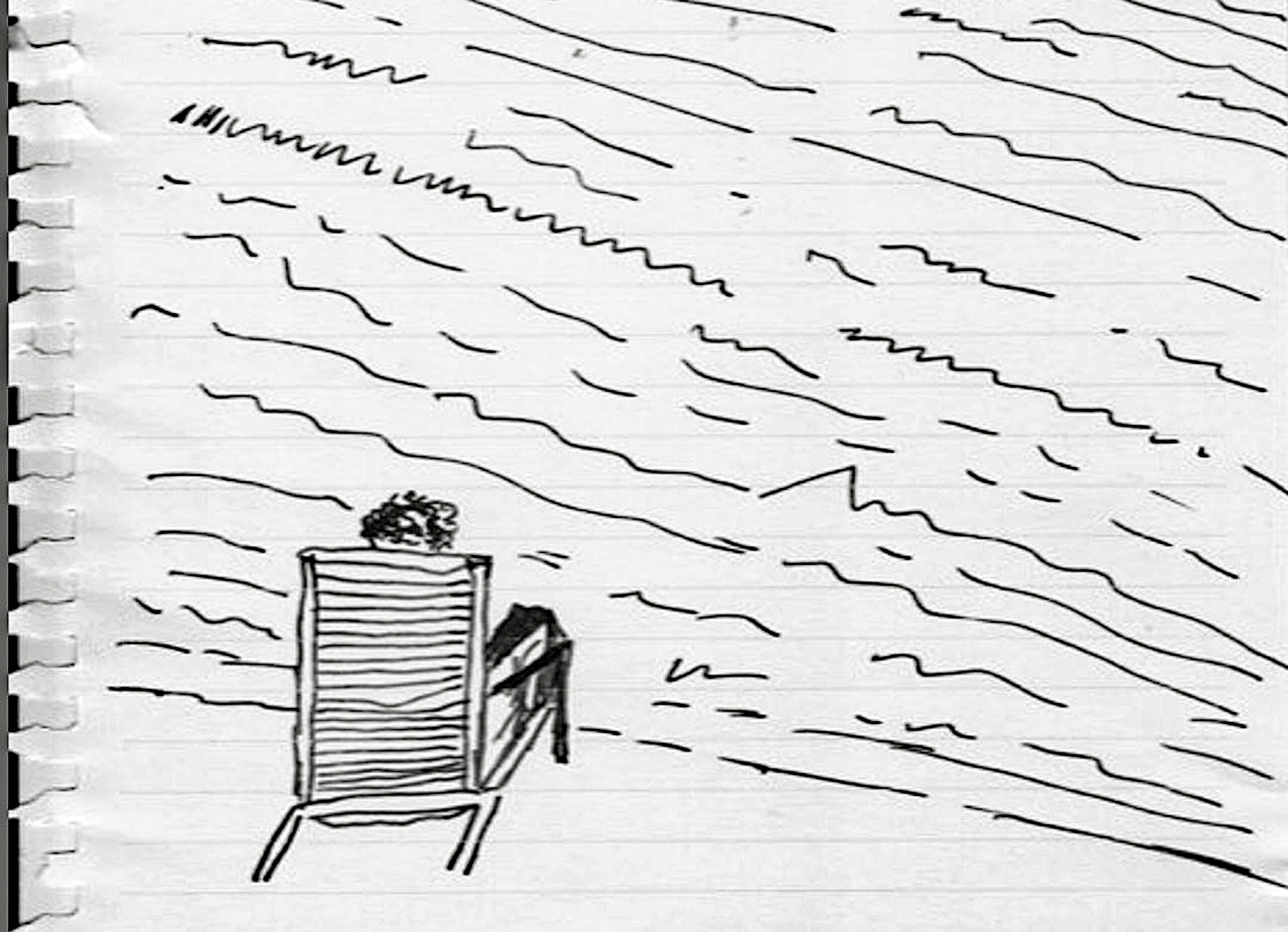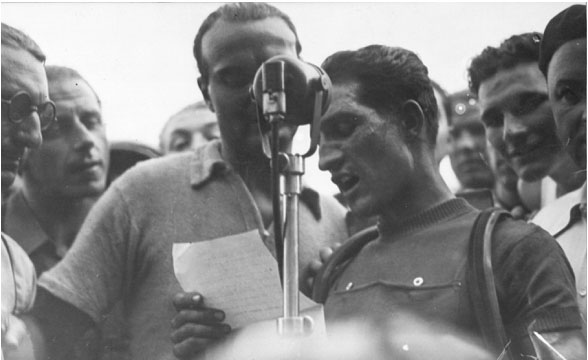Trial and length of imprisonment were not a part of the decision to send people to Boven Digoel and Theresienstadt. The people going to the two camps were never allowed to know the trajectory of their lives from the point of their deportation on. They did not know how and whether their “as yet” might end. In Theresienstadt, much closer, intimately close, to Auschwitz, they, often with the greatest effort, rather would not know.
Related Projects
Haggadot at Bookhouse
This Holiday season at Bookhouse, we are delighted to feature a rich selection of haggadot from different times and geographical…
Sarai e Hagar
Genesis 16 Sarai, Abram’s wife, had borne him no children. She had an Egyptian maidservant whose name was Hagar. And…
From the Altar to the Dust: Giuliano Gerbi and the Voice of Italian Sport
The beloved sports correspondent, after having chronicled the Tour de France and Bartali’s victory, is “expelled” in accordance with racial…
Bookhouse Musings: Making Books
In various ways, Bookhouse visitors have expressed curiosity about the technical and artisanal aspects of typography and book production. Alessandro…



